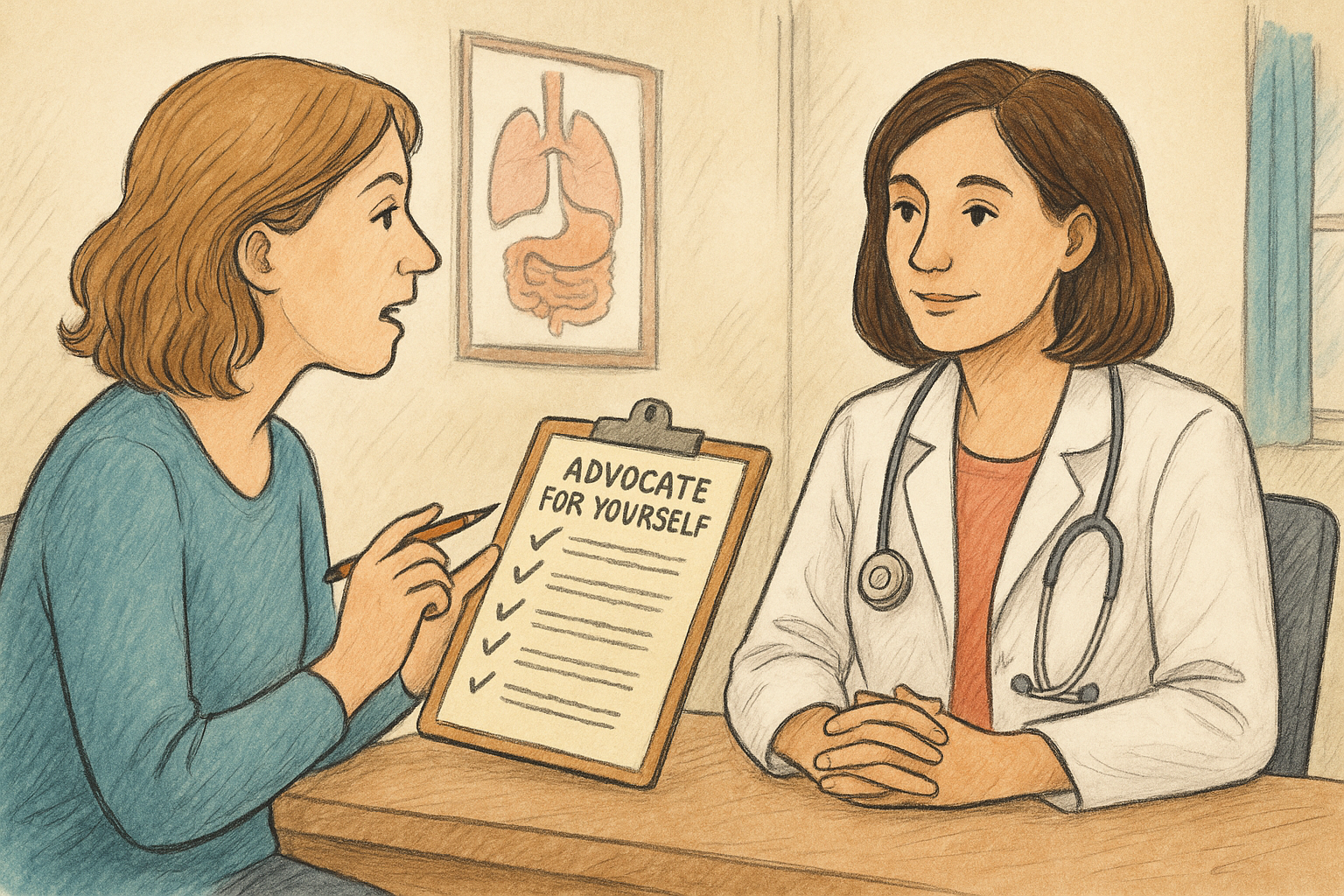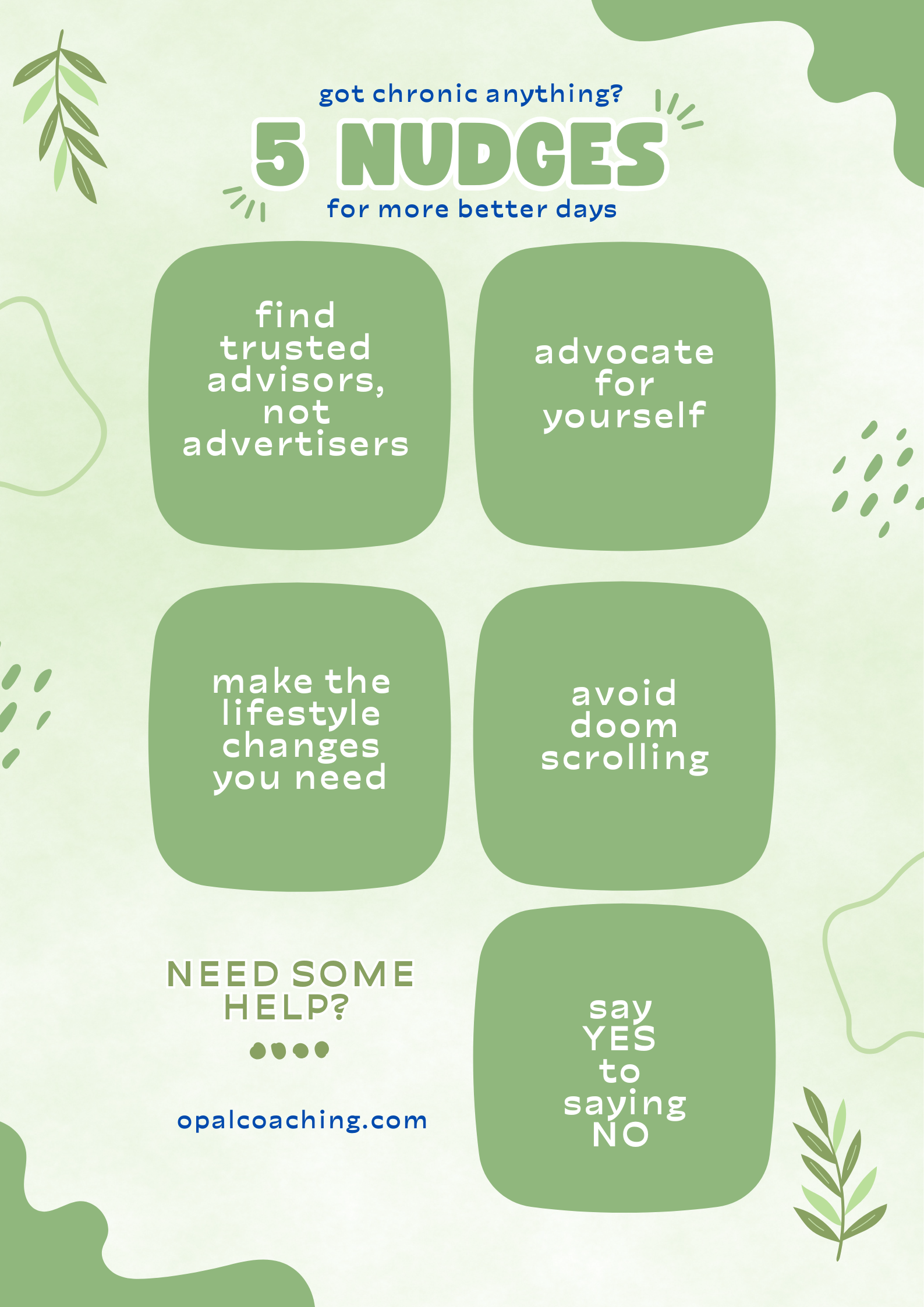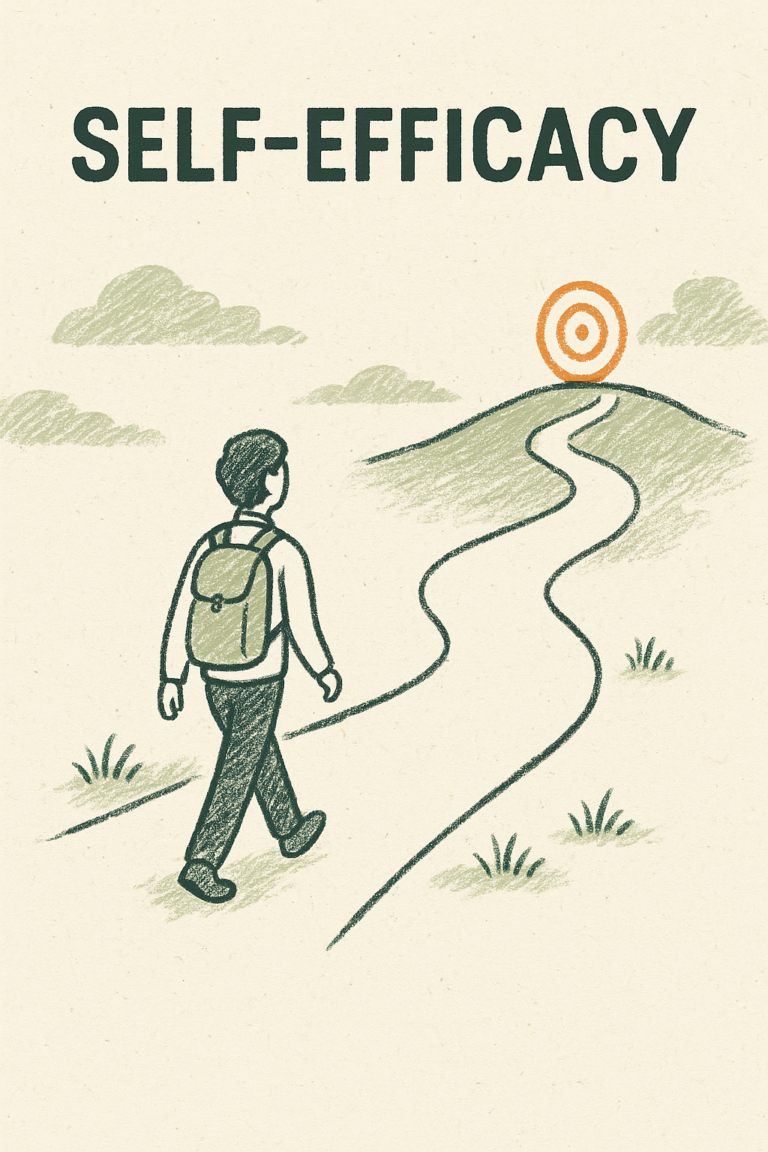Learn how to Advocate for Yourself
A guide to finding your voice and your footing in the face of chronic illness.
Living with a chronic illness can leave you feeling dismissed, delayed, or downright invisible. In this article, I share how self-advocacy, paired with the right medical partnerships, can lead to better care, clearer answers, and more resilient days.

Living with chronic illness often means navigating uncertainty—not just in how you feel day to day, but in how the medical system responds. Getting a diagnosis, especially for autoimmune conditions, can be a winding road. And for many of us, that journey is longer and more confusing than it should be.
On average, it takes over four years for someone to receive a diagnosis of a serious autoimmune disease, and other chronic illnesses can be similar. This delay can be attributed to several factors, including the nonspecific nature of symptoms, the lack of a single diagnostic test for autoimmune diseases, and the time it takes to rule out other potential causes. Blood tests don’t always scream answers. Patterns are subtle. And specialists are booked months out.
Previously, I wrote about my own illness, and five ‘nudges’ (gentle reminders) to have more good days than bad. In this article, I focus on one of those nudges: advocating for yourself. One of the most powerful things I’ve learned is this: advocating for yourself isn’t pushy—it’s necessary.
I learned it the hard way. I sat in too many exam rooms where my questions were brushed off, my abnormal (but not “alarming”) bloodwork dismissed, and my intuition ignored. More than one doctor gaslighted me—they told me that since my results weren’t serious, they weren’t concerned. It wasn’t until I became truly ill, battling a bacterial infection, that someone finally took a deeper look.
Unfortunately, my story is not unusual. The AutoImmune Organization reports studies show patients with autoimmune diseases often visit multiple doctors (around 4.8 on average) during the diagnostic journey. Additionally, nearly half are told they were chronic complainers or too concerned about their health.
My infection became an unlikely turning point . It got me to a GI specialist who first treated the infection and then examined the whole picture. He took my history seriously. And, he eventually got me to a diagnosis. He also helped me find the right specialist for my new diagnosis, someone he felt could treat my secondary disease as well.
That’s what I mean by building a trusted partnership. It’s not about being adversarial. It’s about showing up informed, asking questions, and finding providers who treat you like a collaborator in your care — not a case file.
People who advocate for themselves are more likely to ask questions, become involved in their treatment decisions, and seek second opinions when needed, which leads to better outcomes.
During my journey, I researched the possible medicines and their side effects. I had strong opinions about my preferred choice, and my specialist listened. He was willing to try the medicine I chose, which had significantly fewer symptoms than the typical prescription. Luckily, I responded right away, and I have stayed stable, so I have not had to escalate my doses or plan.
Here’s what advocating for yourself looks like in practice:
- Bring a written list of symptoms and questions to appointments.
- Ask follow-up questions like, “What else could this be?” or “Can we revisit this if things don’t improve?”
- Keep a health journal to track patterns.
- Don’t be afraid to switch doctors if you’re not being heard.
- Look for a medical team who invite your input and explain their reasoning.
Self-advocacy can be exhausting, especially when you’re already not feeling well. But it’s also empowering. It turns passive waiting into active participation, which can reduce feelings of anxiety and give you a sense of control over your health. The best outcomes will occur when your health care providers work with you. In addition, I have a short checklist to share to ensure I have more good days than bad:

- I focus on self-learning using medical journals and trusted advisors, not advertisers.
- I proactively manage my care and advocate for myself and collaborate with trusted providers on a shared plan.
- I’ve made lifestyle changes like diet, exercise, and stress management through meditation and journaling.
- I’m building a support network, connecting with others while avoiding doom-scrolling.
- I set small, achievable goals, balancing progress with my limitations—sometimes saying yes to rest, sometimes saying no.
I believe that by taking an active role in your health, you can improve your overall well-being, including your physical, mental, and emotional health. By actively participating in your care and asking questions, you can build trust with your healthcare team and ensure they understand your needs and expectations.
It is essential to seek professional help when needed to maintain quality of life and cope with the challenges of a chronic illness. That may mean mental health professionals or other therapies. In addition, professional coaching may help, particularly from people who are going through what you are. Reach out under the contact link in the heading to find out if coaching is right for you. It can start with a free chat—no commitment required.
You’re not alone in living with chronic pain and illness. Sometimes, even the smallest shift—a question, a choice, a conversation—can lead to better care and brighter days. Resilience often starts with speaking up.
What helps you get through the day? I’d love to hear your thoughts. Share them in the comments.
~Julee Everett
Hone your craft, speak your truth, and show your thanks





